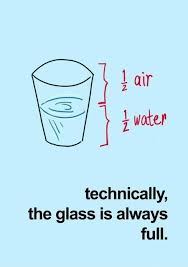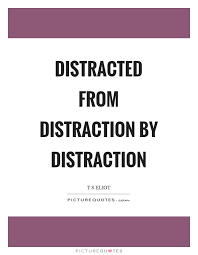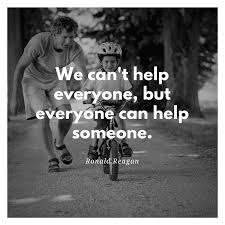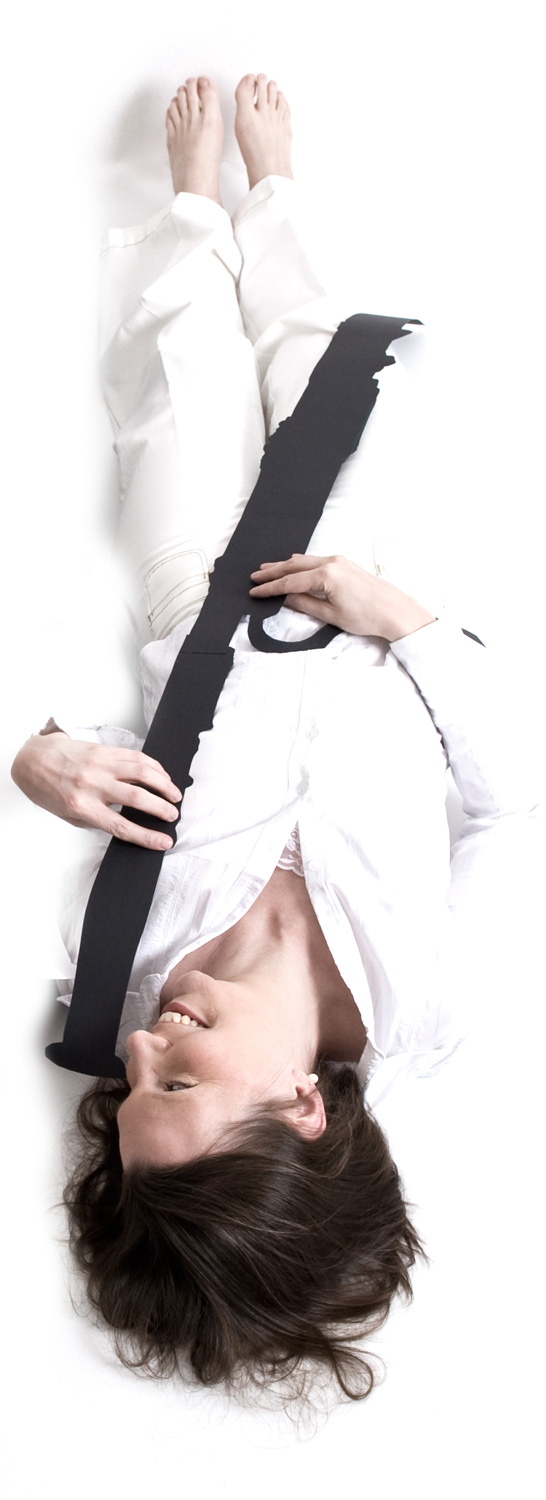 What do you think: Who gets farther in life – the realist or the optimist?
What do you think: Who gets farther in life – the realist or the optimist?
What’s the better approach to learn and to get things done, to accomplish more in life and to get more out of life?
Realists do see things as they are.
They see a failure for what it is, a failure. When things go wrong they see what is missing and they understand how much they are off course.
What’s the consequence?
Realists see how far they are away from the outcome they wanted. They see their performance for what it is. Not good enough.
What do they do next?>>
 We are competing with – everything.
We are competing with – everything. Recently I read an article about a lady called Ruth Knelman. She is 109 years old, super healthy, lives in a beautiful apartment and does all her own cooking.
Recently I read an article about a lady called Ruth Knelman. She is 109 years old, super healthy, lives in a beautiful apartment and does all her own cooking. Our modern time promises a lot.
Our modern time promises a lot. When I look back how I felt about teaching first, I can see how silly I was.
When I look back how I felt about teaching first, I can see how silly I was. They say: “Don’t make waves, accept things as they are, you can’t change other people or the system.”
They say: “Don’t make waves, accept things as they are, you can’t change other people or the system.” If you read this, you are probably one of those people we did all this for. 113 titles in print, in stores on 4 continents and played by bassoonists of all ages, sizes and hairstyles. For 10 years we worked our buns off to bring the best bassoon books and the best educational music material possible to you.
If you read this, you are probably one of those people we did all this for. 113 titles in print, in stores on 4 continents and played by bassoonists of all ages, sizes and hairstyles. For 10 years we worked our buns off to bring the best bassoon books and the best educational music material possible to you. Self-confident people step out into the world, are willing to take risks and are eager to experience life fully.
Self-confident people step out into the world, are willing to take risks and are eager to experience life fully.
 No one is good at everything. We all have areas where we are small and sucky.
No one is good at everything. We all have areas where we are small and sucky.

